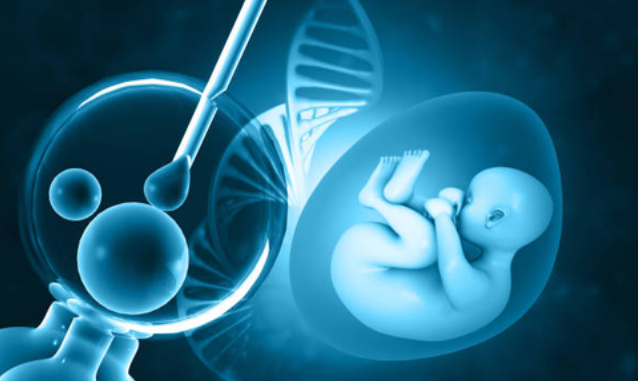Technology
IVF does not increase risk of mental health issues in adolescents: Study

New Delhi, June 29
Researchers have found that there was no increased risk of mental health or neurodevelopmental conditions for adolescents who were conceived using IVF (in vitro fertilisation) or other Artificial Reproductive Technologies (ART) compared to those who were conceived naturally, a new study showed on Saturday.
Alexandra Martiniuk, Professor of Epidemiology at The University of Sydney, who led the study, told IANS, that this longitudinal study followed the babies until they were adolescents and "found they did not have a greater chance of having a mental disorder compared to children conceived naturally".
Mental disorders were defined in this study as autism, ADHD, anxiety and/or depression.
Among the adolescents born from IVF studied, 22 per cent had a mental disorder.
However, this was a small number and no significant relationship between the use of ART and the development of mental disorders in these adolescents, the study said.
This study used data from the Longitudinal Study of Australian Children which has been tracking 10,000 babies and toddlers since 2004, asking them about key aspects of life, including health, relationships, work, education and lifestyle.
Moreover, the study mentioned that for the many families who have turned to ART, these results provide crucial reassurance about the long-term mental health of their children, dispelling misconceptions that there is an increased risk of psychological and neurodevelopmental problems in adolescents conceived through ART.
"This study is an important addition to existing knowledge because we were able to control known confounders such as birth weight of the baby and maternal mental health, where some previous studies have not been able to," Martiniuk said.
"As well, this study was a prospective cohort and followed children into adolescence, further strengthening confidence in the findings," she added.



































